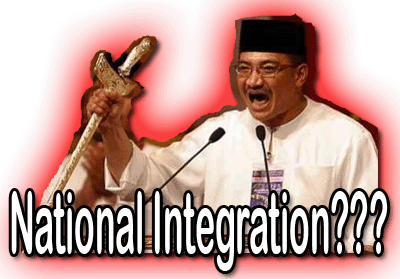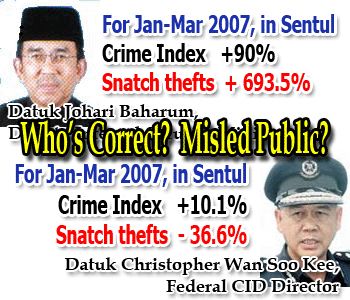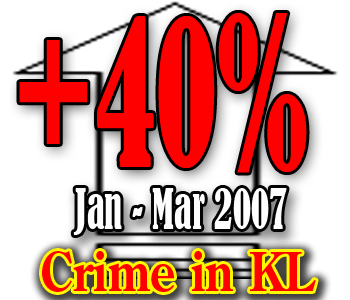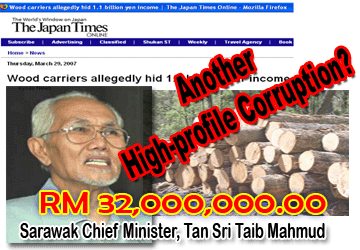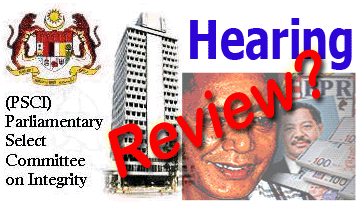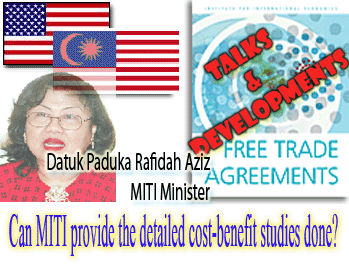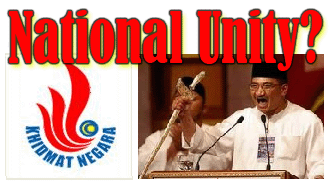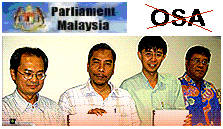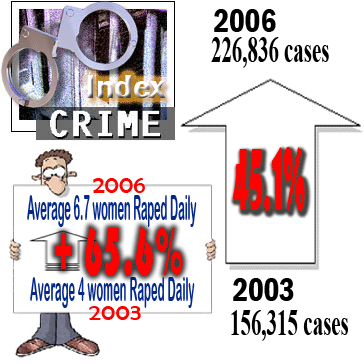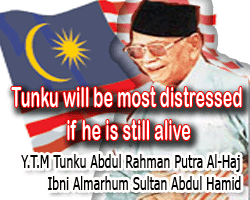
I have today sent an urgent fax to the Prime Minister, Datuk Seri Abdullah Ahmad Badawi asking for a meeting with DAP MPs and leaders on pressing sensitive issues of national unity, religion, family and human rights highlighted by recent heart-rending controversies like the Subashini, Revathi and Marimuthu cases.
There are great and increasing concerns in our plural society about inter-religious tolerance and harmony as illustrated by the recent week-long prayers by Buddhists, Christians, Hindus, Sikhs and Taoists to seek divine intervention to spread awareness of the importance of upholding the fundamental provisions of the Malaysian Constitution with regard to Article 11 on freedom of religion and Article 4 on the Constitution as the supreme law of Malaysia.
In a written reply to the DAP MP for Ipoh Barat, M. Kulasegaran on Wednesday, Minister in the Prime Minister’s Department, Datuk Nazri Aziz said that the Prime Minister had an open attitude and discussed matters of religion with religious-based non-governmental bodies. It is in this spirit that we are asking for this meeting with the Prime Minister.
Ever since the founding of the nation, Bapa Malaysia and the first Prime Minister of Malaysia, Tunku Abdul Rahman, set the example of an open, tolerant and accommodative attitude on religious rights and sensitivities which had spared the multi-religious country from religious conflict, discord and even misunderstanding in the best part of half-a-century of nationhood.
If Tunku Abdul Rahman is still alive, I am sure he will be the first to be very distressed by the spate of heart-rending cases affecting religion which split up families — in the Marimutu case, the couple had been married for 21 years with seven children – apart from causing inter-religious strain and national disunity as well as giving Malaysia a bad name internationally. Continue reading “Subashini, Revathi, Marimuthu cases – Tunku will be most distressed if he is still alive”

